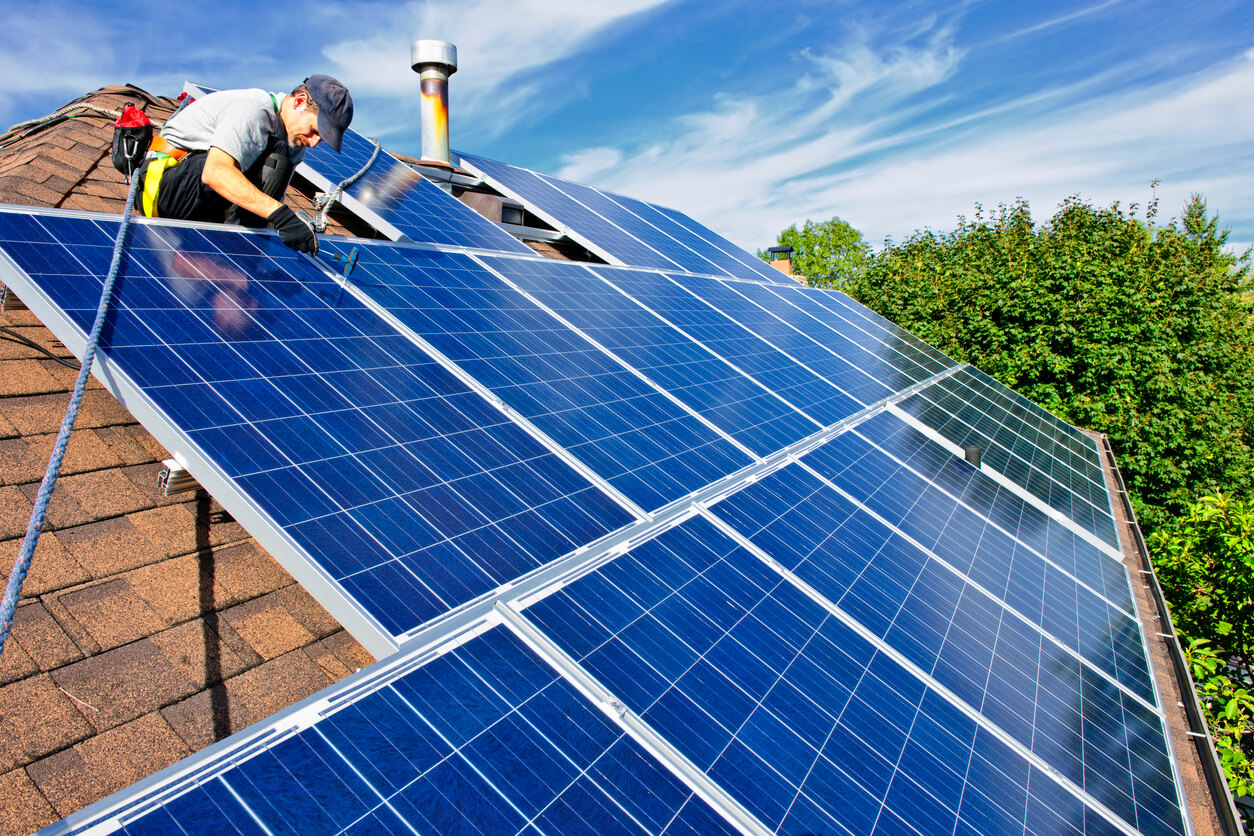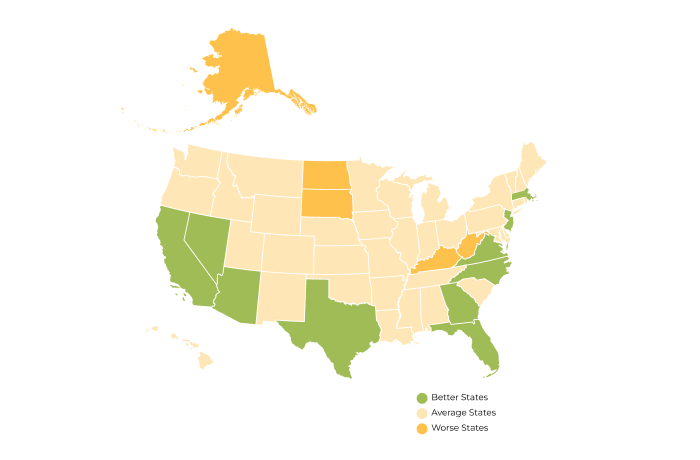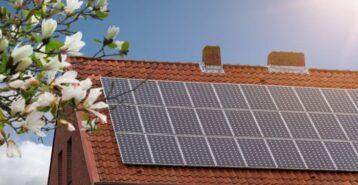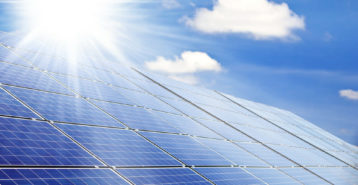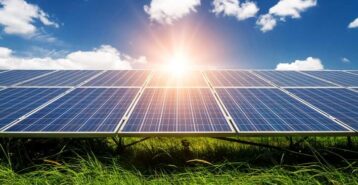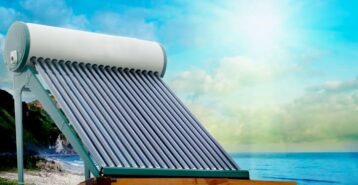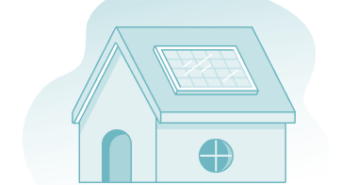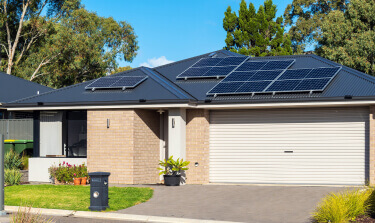Solar Panel Prices: What to Know
Solar panel installation is growing in popularity across the U.S. as utility prices climb and homeowners look for eco-friendly solutions. The good news is that solar panel costs have dropped by about 85% since 2014, according to the Office of Solar Energy Efficiency and Renewable Energy. Thanks to this decrease, along with federal and local incentives, going solar is more affordable than ever. To help you understand what you might pay, here’s a breakdown of the average solar panel installation cost.
How Much Do Solar Panels Cost in 2026?
Solar panel installation costs vary based on your region, roof type, and household energy needs. On average, it’ll run you about $21,816 to outfit a 1,500-square-foot home with solar panels. However, this drops to around $15,270 after applying the 30% federal tax credit.
You can estimate around $10 to $15 per square foot of living space for solar panel installation. Keep in mind, this estimate doesn’t account for tax credits or local incentives, which can significantly reduce your final cost.
These numbers can provide a helpful starting point. However, the most accurate way to understand your cost is to get personalized quotes from licensed local solar contractors.
| Home Size | Average Solar Panel Installation Cost |
|---|---|
| 1,500 sq. ft. | $21,816 |
| 2,000 sq. ft. | $26,816 |
| 2,500 sq. ft. | $31,816 |
| 3,000 sq. ft. | $36,816 |
Solar Panel Cost per Watt
Most solar installation quotes are based on the system’s total wattage. As of 2025, the average solar panel installation cost per watt ranges from $2.50 to $3.50, including equipment, labor, and permitting. While larger systems require a bigger upfront investment, they typically offer a lower cost per watt and better long-term value.
Keep in mind that state and local incentives can further reduce your costs. For the most up-to-date rebates and tax credits in your area, visit the Database of State Incentives for Renewables and Efficiency (DSIRE).
Cost per Solar Panel
The typical U.S. home needs between 17 and 25 solar panels, depending on energy use and roof space. This translates to a system size of roughly 6 kW to 7.5 kW, producing enough electricity to significantly offset your monthly utility bill.
If you’re aiming to cover all or most of your electric bill with solar, you’ll likely need a larger system. But if you’re only looking to supplement your energy usage, fewer panels may be enough. The best way to know how many panels your home needs is to consult a licensed solar installer.
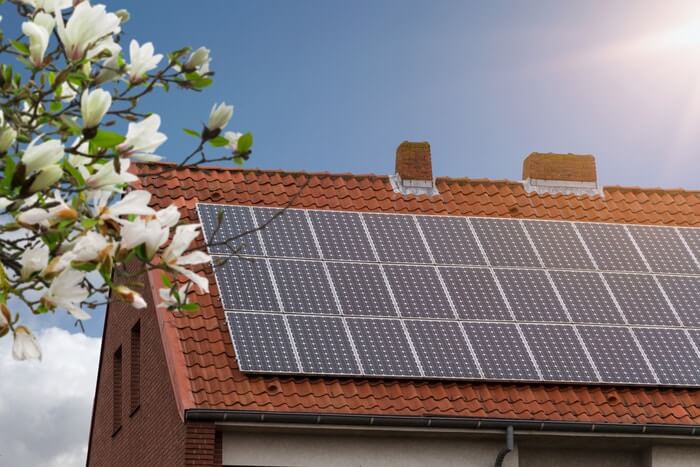
Residential vs. Commercial Solar Costs
Commercial solar panels are designed to meet the higher energy demands of large buildings. They contain more photovoltaic (PV) cells and tend to be physically larger than residential panels. While the cost per watt is typically lower for commercial systems due to economies of scale, the panels themselves are more expensive overall and are rarely suited for home installations.
Federal and Local Incentives and Tax Credit
Installing solar panels is a significant investment, but incentives can make it much more affordable. The Federal Solar Tax Credit lets homeowners claim 30% of the total installation cost as a one-time credit on their federal taxes. This can lead to thousands of dollars in savings, shorten your solar payback period, and increase your return on investment.
In addition to federal savings, many states and local governments offer solar rebates and tax incentives that further reduce upfront costs and help more homeowners make the switch to clean energy.
Factors That Affect Your Costs
Several factors beyond panel type can influence the total solar panel installation cost for your home:
- Sun Exposure: Homes in sunnier regions, especially those closer to the equator, tend to need fewer panels to meet energy needs, lowering overall costs.
- Panel Quality: High-quality panels are less prone to issues like corrosion, cracking, or hot spots. While they may cost more upfront, they reduce the risk of repairs or early replacements.
- Efficiency Rating: Most solar panels are rated between 15% and 20% efficiency. The higher the rating, the fewer panels you’ll need to power your home, potentially lowering total installation costs.
- System Size: Residential systems usually range from 3 kW to 10 kW. A 2,000-square-foot home often needs a 5 kW to 6 kW system. Larger systems generate more power but come at a higher price.
- Roof Type and Condition: Steep, flat, or complex roof designs may require special mounting hardware and more labor. If your roof is damaged or aging, repairs may be needed before installation begins.
- Equipment Costs: Your solar setup includes more than just panels. Inverters, mounting racks, and wiring are essential components that add to your total cost.
- Installation Costs: Labor rates vary by region. Your final quote will reflect local wages and the complexity of the installation.
- Permits and Regulations: Expect to pay for local permit and inspection fees, as well as any applicable taxes tied to solar equipment.
Cost Savings and Return on Investment
Beyond the environmental benefits, going solar can lead to major savings over time. One of the biggest financial perks is lower monthly utility bills. While exact savings depend on your home’s energy use, system size, and local electricity rates, a typical 5 kW system can save you around $1,300 per year, adding up to $26,000 to $39,000 over its lifespan.
Another key factor is the solar payback period, or how long it takes to recoup your upfront investment. On average, homeowners break even in 7 to 10 years, and incentives like the Federal Solar Tax Credit can speed that up. State and local programs may also reduce your payback time.
Installing solar can even boost your property’s value. According to Zillow, homes with solar panels sell for 4.1% more, which translates to an average increase of about $9,274.
Is Solar a Smart Investment?
With improving panel efficiency, valuable incentives, and long-term energy savings, now is a smart time to go solar and save on your solar panel installation costs. While average cost calculators offer a great starting point, nothing beats a custom quote. Let Modernize connect you with trusted solar professionals to help you make the best decision for your home.
Compare top-rated solar pros in your area.
Read real homeowner reviews, explore qualifications, and view promotions. Modernize makes it easy to browse professionals and find one that will be perfect for your project.
